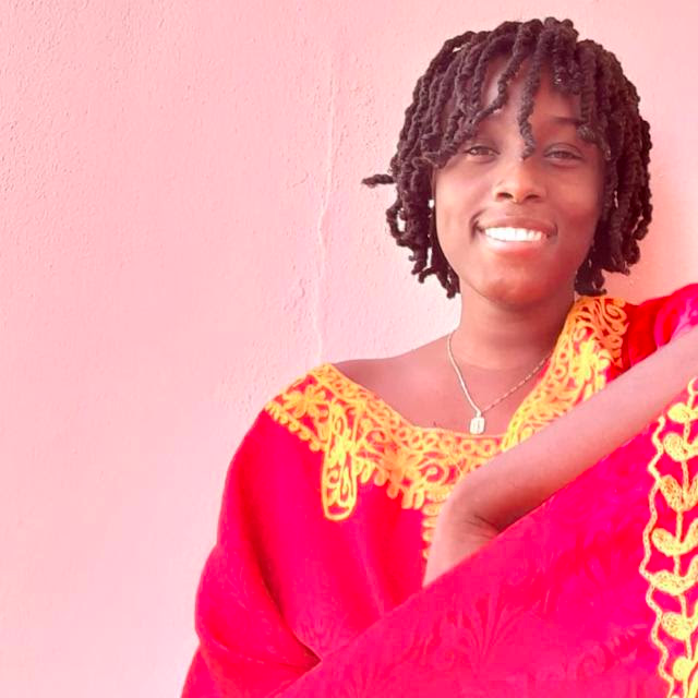Meet graduate student Ebony Taylor
As we celebrate Black History Month, we also want to celebrate members of our CALS community making history and a difference now and in the future.
Meet Ebony Taylor!

What year are you? What are you studying?
I am a first year master’s student in the entomology department. I am investigating which genes in Colorado grasshoppers are induced under heat-stressed conditions.
How are you involved on campus?
I volunteer with Ronald E. McNair scholars helping with graduate school application materials, as a panelist speaking with interested undergraduate students visiting with ODIF, as a new member of the J.F. Crow Institute for the Study of Evolution, and as a committee member planning and executing events for Darwin Day.
How has your identity shaped your choice of studies?
There aren’t a lot of Black women that I encounter in my field, but that does not deter me because I like what I do. I’m curious about my work, and I’m going to do what I want. I will say it does push me to do more outreach so, if there is someone else who does look like me who is curious, they can see someone like them moving in these spaces that they, hopefully, will become a part of. Representation matters.
What do you like about being at UW–Madison and in CALS?
My experience so far has been friendly, caring and empathic. I’m not sure if it’s that “mid-western niceness,” but I like it. My ideas have been supported and encouraged, and those I have reached out to try to point me in the right direction so I can have my ideas come to fruition. Within CALS, I have found open, expressive, curious people that sometimes I raise an eyebrow at…and I feel right at home with them.
In what ways can people help celebrate diversity?
Go to diversity events; if you’re being welcomed, come. Have events where you don’t see a large number of diverse groups (STEM) and invite communities that are not heavily represented to participate. These groups may be POCs, LGBTQ+, foreign-born and -raised, the disability community and others. Consider your phrasing and don’t pander! Also, in your bios – academics, LinkedIn, Twitters, etc – include “outreach.” You may be surprised by the organizations or individuals who reach out to you, and then you can bring the diversity (in whatever way that means for you) to them!
Actively partner with people who connect with and understand a particular community and can act as the mediator. You have to build trust and an understanding; that can be a slow road, so be patient. Lastly, it’s important to remember that people are different. If someone doesn’t do or say something the same way you do, ask questions and be inquisitive – respectfully (practice what this would look like). If someone becomes comfortable enough to share their differences, traditions or way of life with you, express gratitude and joy. Maybe even offer yourself to be available to help them execute, plan or share their difference if it seems like something really special to them. Afterwards, thank them for sharing what they know and do. Later on, if they continue to do or say a different thing from you, normalize it within your environment.

